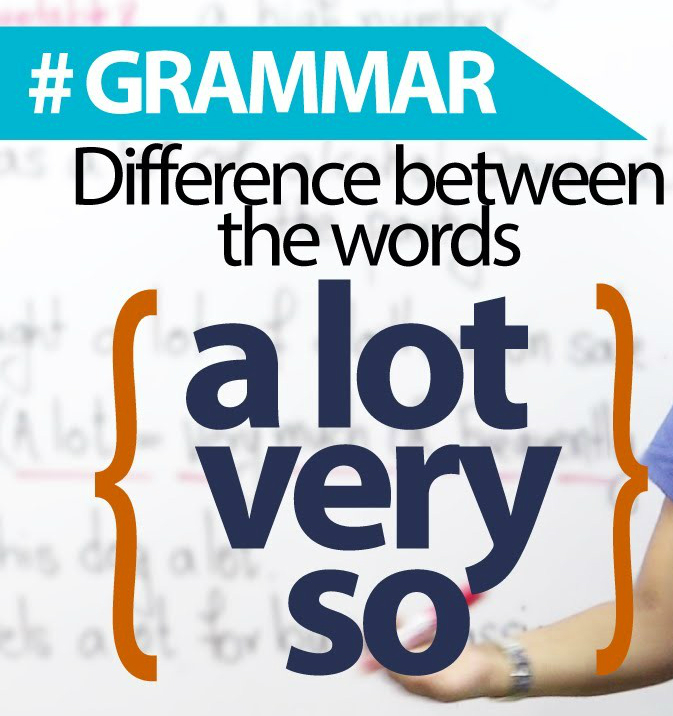When I started learning English, there were so many things I used to be confused about the language. One was, what word to use and when. A lot of words in English seem like they can be used interchangeably, but actually they shouldn’t be. There is a reason why there are different words for different reasons, because they need to be used in different ways. 
For example, words like ‘lot’ and ‘very’ signify something in high quantity, something that is more than you would have wished for or expected. For example, ‘a lot of fish’ ‘very tall’ ‘lot of balloons’ ‘very dark’, etc. signify quantifiable things. While both the words are similar in the meaning, are they interchangeable?
You are wrong in thinking that these two words are similar in meaning. While they are used to describe things, feelings or objects that are large or huge, they do not mean the same things. I know your head is flooded with questions, so let me break it down for you.
When should you use ‘lot’
Lot is generally used as a means of measuring objects. When you want to express that something is so much in excess that you must bring it to notice, use 'lot'. For example, when talking about homework, you will say ‘I have a lot of homework’. This conveys that your homework, a quantifiable task, is too much. Here you can’t say, ‘I have very much homework’.
When should you use ‘Very’
Well, if you guessed that you use ‘very’ for signifying things that are either too much or excessive, then you are right. The right way to use ‘very’ is mostly in positive contexts, ‘You are very pretty’, ‘I am very grateful’ ‘I love this very much’, are some examples of how you can use ‘very’.
When to use ‘SO’
Another word used in contexts like these is ‘So’. It is colloquial, or something that you use a lot when communicating, but not much when writing. ‘So’ is used to signify something that you need to signify, but do so without passing a judgement. It isn’t used for quantifying things. For example, when you say, ‘Don’t talk so loud’ – you are trying to say that ‘you should not talk as loud as you are talking right now’. It isn’t a way to measure how loud the person is talking or how softly they should speak. Similarly, you use it for speaking about things that cannot be measured, or is beyond comprehension. When you say things like ‘I love you so much’ or ‘thank you so much’. You are talking about feelings that can’t be quantified, or measured.
Practice using these three words, and slowly you’ll get the hang of it.
About EAgeTutor:
eAgeTutor.com is the premier online tutoring provider. eAge's world-class faculty and ace communication experts from around the globe help you to improve English in an all-round manner. Assignments and tasks based on a well-researched content developed by subject matter and industry experts can certainly fetch the most desired results for improving spoken English skills. Overcoming limitations is just a click of mouse away in this age of effective and advance communication technology. For further information on online English speaking course or to experience the wonders of virtual classroom fix a demonstration session with our tutor. Please visit www.eagetutor.com.
-By Shailja Varma
Related topics:
1. Common words that confuse you
2. Avoid common English mistakes: How and when to use "one of", "some of" and "few of"
3. Lose, lost, loose and loss – Do you understand the difference?
4. Difference between ‘how about’ and ‘what about’ and how to use it
5. How to express confusion in English?